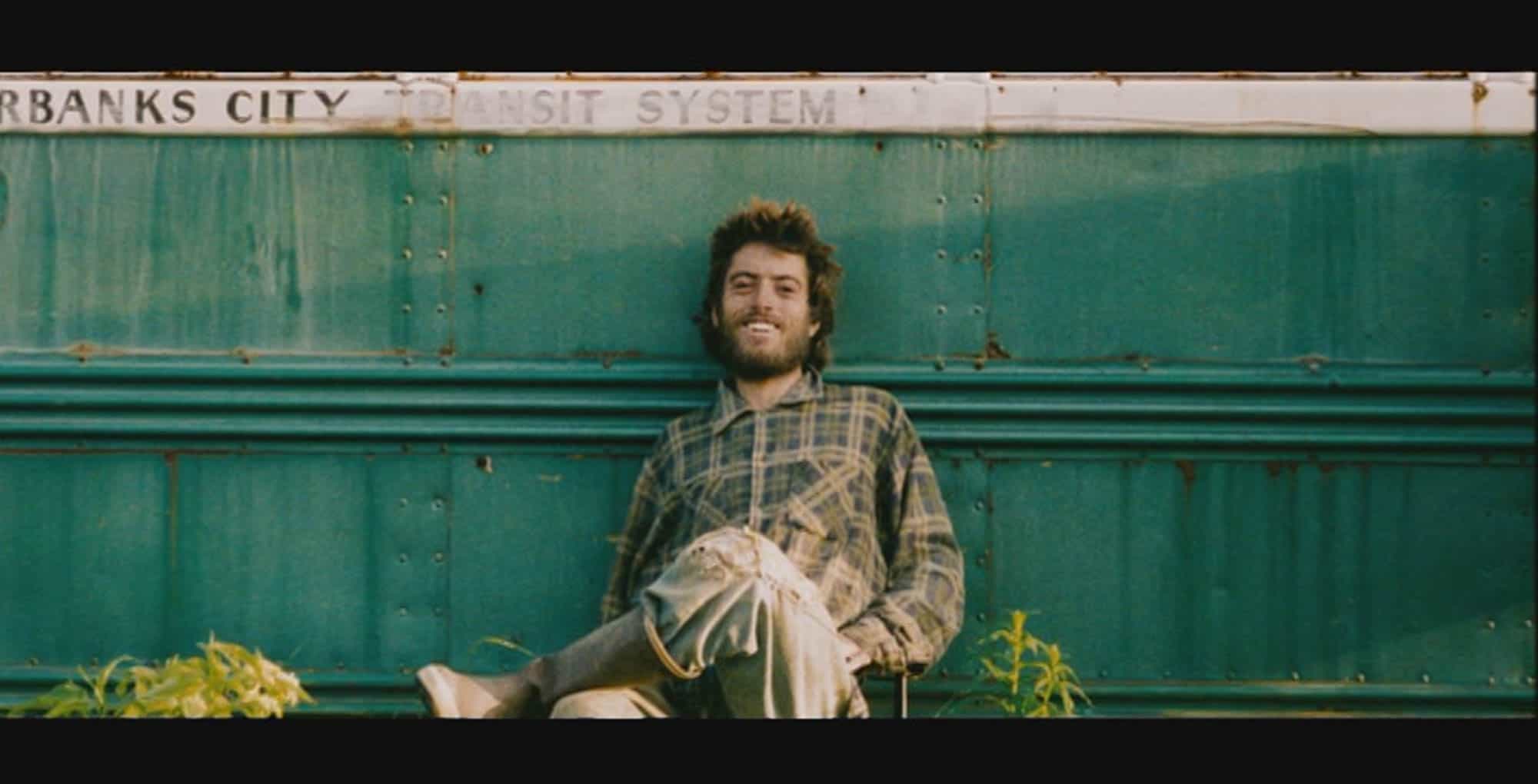

Having regard to the opinion of the European Parliament(2), Having regard to the proposal from the Commission(1), Having regard to the Treaty establishing the European Economic Community, and in particular Article 130s thereof, On the conservation of natural habitats and of wild fauna and flora 109 - 152 Special edition in Croatian: Chapter 15 Volume 002 P. 109 - 152 Special edition in Romanian: Chapter 15 Volume 002 P. 102 - 145 Special edition in Bulgarian: Chapter 15 Volume 002 P. 102 - 145 Special edition in Slovene: Chapter 15 Volume 002 P. 102 - 145 Special edition in Slovak: Chapter 15 Volume 002 P. 102 - 145 Special edition in Polish: Chapter 15 Volume 002 P. 102 - 145 Special edition in Maltese: Chapter 15 Volume 002 P. 102 - 145 Special edition in Hungarian Chapter 15 Volume 002 P. 102 - 145 Special edition in Lithuanian: Chapter 15 Volume 002 P. 102 - 145 Special edition in Latvian: Chapter 15 Volume 002 P. 102 - 145 Special edition in Estonian: Chapter 15 Volume 002 P. 114 - 158 Special edition in Czech: Chapter 15 Volume 002 P. 114 - 158 Special edition in Swedish: Chapter 15 Volume 011 P. (ES, DA, DE, EL, EN, FR, IT, NL, PT) Special edition in Finnish: Chapter 15 Volume 011 P. A pilgrim perhaps.Council Directive 92/43/EEC of on the conservation of natural habitats and of wild fauna and flora And he wasn't a nutcase, he wasn't a sociopath, he wasn't an outcast. "Although he was rash," Krakauer summarizes, McCandless "wasn't incompetent - he wouldn't have lasted 113 days if he were. And in contrast to McCunn, McCandless didn't expect to be saved. McCandless was unlike Waterman in that he was mentally stable. Like Waterman and McCunn, he lacked common sense. Similar to Rosselini and Waterman, Christopher McCandless "was a seeker and had an impractical fascination with the harsh side of nature," the author writes. At the same time, these others provide Krakauer with an opportunity to highlight McCandless's uniqueness the author characterizes him by contrast with his predecessors. By quoting from some of the many outraged responses to his article, Krakauer shares with the reader the typical reaction to McCandless's story: smug superiority laced with disbelief that anyone could be so foolhardy.Īnd yet, as the examples of Rosselini, Waterman, and McCunn demonstrate, McCandless is hardly the only individual impelled to live off the land in the Alaskan wilderness. This chapter offers context for, and thus perspective on, McCandless's situation.

In doing so, it attempts to discover why those individuals - and, by extension, McCandless himself - thought they could live a simple life in a harsh landscape. This chapter offers examples of three others besides Christopher McCandless (Gene Rosselini, John Waterman, and Carl McCunn) who traveled to Alaska to live off the land and failed, most of them miserably. Other mail simply questioned his judgment: "Entering the wilderness purposefully ill-prepared, and surviving a near-death experience does not make you a better human, it makes you damn lucky," wrote one reader.Īnother reader asked, "Why would anyone intending to 'live off the land for a few months' forget Boy Scout rule number one: Be Prepared?" After Jon Krakauer's article on McCandless appeared in Outside magazine, the author received many letters suggesting that the young man had been mentally ill.


 0 kommentar(er)
0 kommentar(er)
